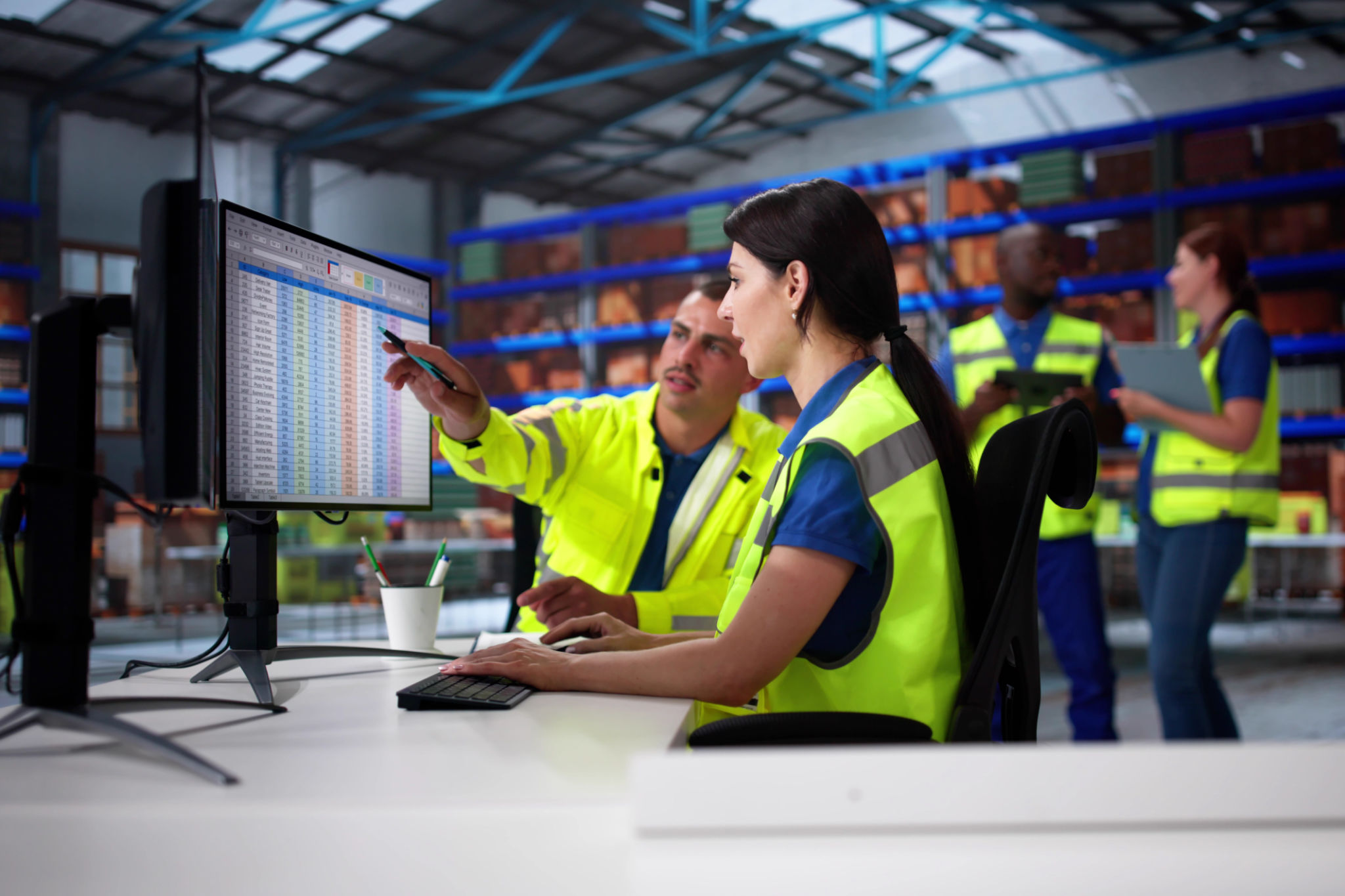How to Choose the Right Trailer for Your Supply Chain Needs
Understanding Your Supply Chain Requirements
Before diving into the specifics of selecting a trailer, it's essential to evaluate your supply chain needs. Understanding factors such as the type of goods you transport, distances covered, and frequency of deliveries will provide a solid foundation for your decision. Consider whether your shipments primarily involve perishable goods requiring refrigeration or oversized items that need specialized trailers.
Start by analyzing your current supply chain operations. Review past data on delivery times, cargo types, and any challenges faced during transportation. This analysis will help identify areas where the right trailer can improve efficiency and cost-effectiveness.

Types of Trailers
The market offers a variety of trailers, each designed for specific purposes. Here’s a look at some common types:
- Flatbed Trailers: Ideal for transporting large, heavy, or irregularly shaped goods.
- Dry Van Trailers: Best suited for non-perishable goods that require protection from the elements.
- Refrigerated Trailers: Necessary for perishable items needing temperature control.
- Lowboy Trailers: Used for hauling heavy machinery and equipment.
Choosing the right type depends largely on your specific cargo needs. Assess which trailer aligns best with the goods you transport regularly.
Key Features to Consider
When selecting a trailer, focus on key features that can enhance your logistical operations. Load capacity is a primary consideration; ensure the trailer can handle your average cargo weight without compromising safety. Additionally, consider the trailer's dimensions to ensure compatibility with loading docks and storage facilities.
Durability is another critical factor. Opt for trailers made from high-quality materials that can withstand frequent use and harsh weather conditions. Look for features such as anti-lock braking systems (ABS) and enhanced suspension for added safety and stability during transit.

Cost and Budgeting
The cost of a trailer can vary significantly based on its type, features, and brand. It's important to set a realistic budget that balances quality with affordability. While it might be tempting to choose the cheapest option, investing in a reliable trailer can save money in the long run by reducing maintenance costs and improving operational efficiency.
Consider both the initial purchase price and ongoing expenses such as maintenance, insurance, and fuel consumption. Some businesses may also explore leasing options as a cost-effective alternative to purchasing outright.
Regulations and Compliance
Compliance with local and national regulations is crucial when selecting a trailer. Ensure the trailer meets all necessary safety standards and legal requirements. This includes weight limits, size restrictions, and any special permits needed for transporting certain types of cargo.
Staying informed about regulatory changes can prevent potential legal issues and fines. Regularly review compliance requirements specific to your industry and region to ensure your supply chain operations run smoothly.

Consulting Industry Experts
If you're uncertain about which trailer best suits your needs, consider consulting with industry experts or logistics consultants. These professionals can provide valuable insights based on their experience and knowledge of the latest trends in transportation technology.
Networking with other businesses in your industry can also offer practical advice and recommendations based on their experiences with different types of trailers.
Final Considerations
In conclusion, choosing the right trailer for your supply chain needs involves careful consideration of various factors including cargo type, budget, compliance, and operational efficiency. By thoroughly assessing your requirements and exploring different options, you can make an informed decision that enhances your logistics operations.
Remember that investing in the right trailer not only improves delivery efficiency but also contributes to customer satisfaction by ensuring goods arrive safely and on time. As your business grows, periodically re-evaluate your trailer needs to adapt to changing demands and stay competitive in the market.